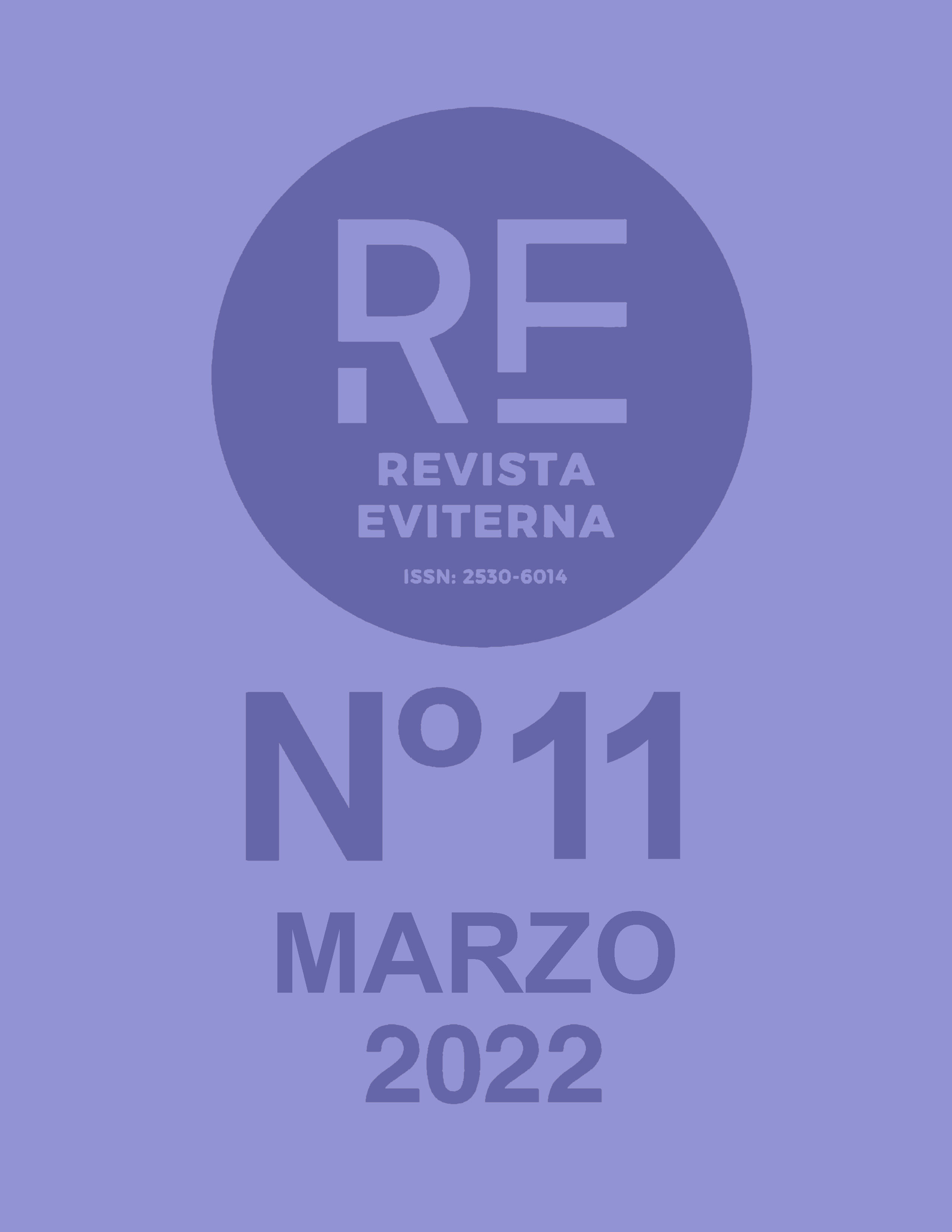Knife in the water. The generational change in Polish cinema in the 60´s
DOI:
https://doi.org/10.24310/Eviternare.vi11.14073Keywords:
Cinema, Generation, Solitude, Polanski, PolandAbstract
This article proposes an analysis of the changing situation of Polish cinema in the 1960s through Roman Polanski's film The Knife in the Water (1962). The filmmaker made this feature film in his home country and it gave way to a new approach on Polish cinema, this time far removed from social commitment regarding the aftermath of the Second World War that prevailed in the previous generation, the so-called "Polish School", made up of great veteran filmmakers such as Andrzej Wajda, Andrzej Munk and Jerzy Kawalerowicz. We will also discover how the filmmaker Andrzej Wajda will to a large extent shape the two generations, with the time of the "Polish School" as a great initiator and the "third generation" as a teacher of the young filmmakers who were beginning to emerge, looking for new ways to express themselves. The pioneering and groundbreaking role of the film The Knife in the Water and its success abroad, winning the first Oscar nomination for a Polish film, led to the emergence of the "third generation", whose members would bring a period of splendour to Polish cinema and raise it up to the international spotlight. The new filmmakers showed a much more cosmopolitan attitude, more focused on speaking about concerns of the modern individual such as the lack of communication, loneliness and the alienation of human beings present in a bustling and overwhelmingly opressive society. The two great directors of this new cinema will be Roman Polanski and Jerzy Skolimowski. The ultimate aim of the article is to define the transition from one generation to the next through Polanski's film, which serves to analyse the keys to the conflict, the outstanding role of the new generation and the change of paradigm in a cinema that until then felt anchored in the traumatic war and its tragic aftermath.
Downloads
Metrics
Publication Facts
Reviewer profiles N/A
Author statements
Indexed in
-
—
- Academic society
- N/A
- Publisher
- Universidad de Málaga
References
Caputo, D. (2012). Polanski and Perception the Psychology of Seeing and the Cinema of Roman Polanski. Bristol: Intellect.
Carr, J. (2015). Roman Polanski. Senses of cinema. Consultado el 8 de diciembre de 2021: http://www.sensesofcinema.com/2015/great-directors/roman-polanski-2/
Clayfield, M. (2008). Andrzej and Krystyna go Boating: Roman Polanski’s Knife in the Water. Senses of cinema. Consultado el 9 de diciembre de 2021: http://www.sensesofcinema.com/2008/cteq/knife-water/
Feeney, F. X. (2006). Roman Polanski. Colonia: Taschen.
García de Cortázar, F. y Lorenzo Espinosa, J.M. (1996). Historia del mundo actual (1945-1995). Madrid: Alianza Editorial.
Greenberg, J y Polanski, R. (2013). Roman Polanski: A retrospective. New York: Abrams.
Haltof, M. (2002). Polish National Cinema. United States: Berghahn Books.
Hodsdon, B. (2003). Jerzy Skolimowski. Senses of cinema. Consultado el 8 de diciembre de 2021: https://www.sensesofcinema.com/2003/great-directors/skolimowski/
Kuzma K. (2011). False Enigma. Roman Polanski´s Knife in the Water, Nó? w wodzie, 1962. East European Film Bulletin. Consultado el 9 de diciembre de 2021: https://eefb.org/retrospectives/roman-polanskis-knife-in-the-water-noz-w-wodzie-1962-2/
Martínez Torres, A. (1972). Nuevo Cine de los Países del Este. Madrid: Taurus ediciones.
Mazierska, E. (2010). Jerzy Skolimowski the Cinema of a Nonconformist. New York: Berghahn Books.
Monterde, J.E. y Losilla, C. (Ed.) (2006). Vientos del Este. Los nuevos cines en los países socialistas europeos, 1955-1975. Valencia: Institut Valencià de Cinematografia Ricardo Muñoz Suay.
Monterde, J.E., Riambau, E. y Torreiro, C. (1987). Los nuevos cines europeos, 1955-1970. Barcelona: Editorial Lerna.
Palmer, R. y Colton, J. (1980). Historia contemporánea. Madrid: Akal.
Polanski, R. (2017). Memorias. Ciudad de México: Malpaso Ediciones.
Sánchez Noriega, J.L. (2015). Historia del cine. Teoría y géneros cinematográficos, fotografía y televisión. Madrid: Alianza Editorial,
Vallet, J. (2018) Roman Polanski. Madrid: Cátedra.
Whyte, A. (1971). New cinemas in Eastern Europe. Londres: Studio Vista Limited Blue Star House.
Downloads
Published
How to Cite
Issue
Section
License
All the contents published in Revista Eviterna are subject to the Creative Commons Reconocimento-NoComercia-Compartirigual 4.0 license, the full text of which can be found at <http://creativecommons.org/licenses/by-nc-sa/4.0>
They may be copied, used, disseminated, transmitted and publicly exposed, provided that:
The authorship and original source of your publication (Journal, editorial and URL of the work) are cited.
They are not used for commercial purposes.
The existence and specifications of this use license are mentioned.

Copyright is of two kinds: moral rights and patrimonial rights. Moral rights are perpetual, inalienable, inalienable, inalienable, inalienable and imprescriptible prerogatives.
In accordance with copyright legislation, Revista Eviterna recognizes and respects the moral rights of the authors, as well as the ownership of the economic right, which will be transferred to the University of Malaga for dissemination in open access.
The economic rights refer to the benefits obtained by the use or disclosure of the works. Revista Eviterna is published in open access and is exclusively authorized to carry out or authorize by any means the use, distribution, disclosure, reproduction, adaptation, translation or transformation of the work.
It is the responsibility of the authors to obtain the necessary permissions of the images that are subject to copyright.







12.png)



